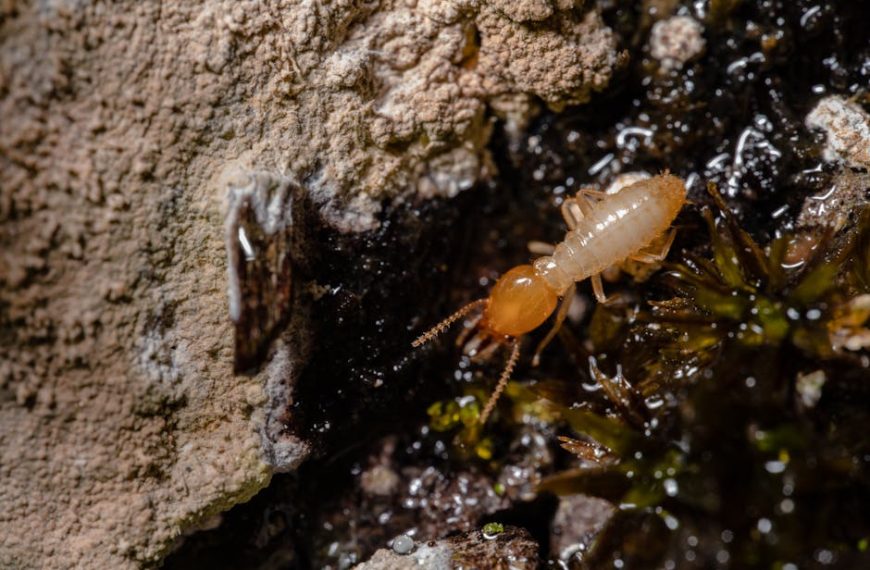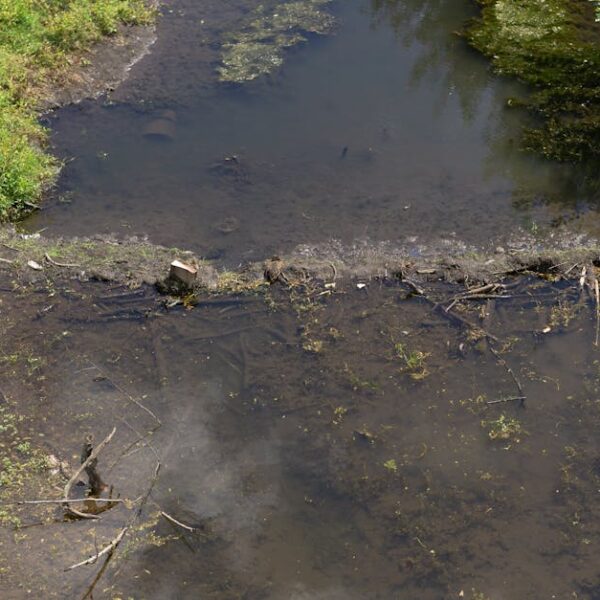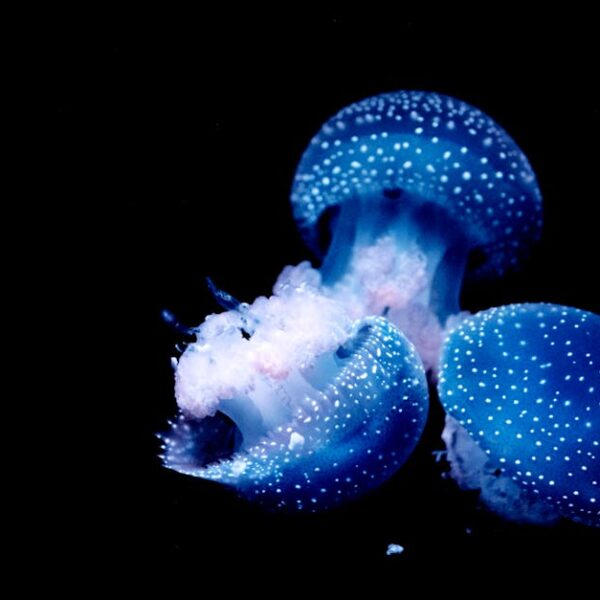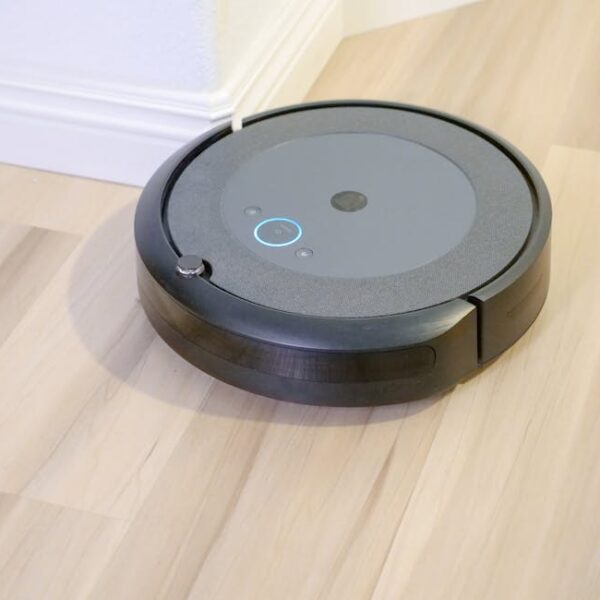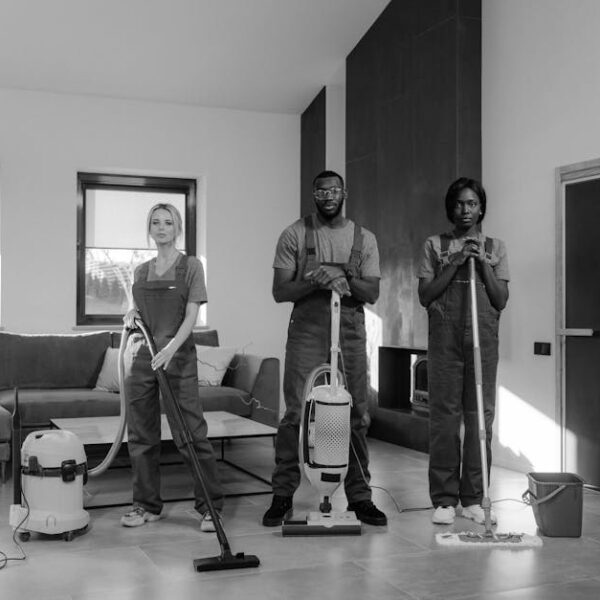While vacuum cleaners are almost omnipresent in modern households for their epic cleaning capabilities, these powerful tools can also pose unexpected dangers. Notably, vacuum cleaners can, under specific conditions, catch fire and, at extreme, even explode. Although such incidents are relatively rare and often a result of misuse or lack of maintenance, they are serious enough to warrant caution. Throughout this article, you’ll learn about possible risks associated with vacuum cleaners, the conditions that could lead to a fire, and preventive measures to protect you and your home.
Possible Risks presented by Vacuum Cleaners
Vacuum cleaners, like most mechanical and electrical appliances, have their share of potential risks. The most concerning are mechanical failures and electrical issues which may lead to overheating and burned motors. Overheating is often a red flag, potentially leading to more serious issues like a fire.
Here are some of the most common situations that could put your vacuum cleaner – and your safety – at risk:
- Failed or faulty components.
- Misusing the device, such as using a cleaner not designed for heavy-duty cleaning to manage large debris.
- Ignoring regular maintenance, leading to issues like clogged filters.
How to spot risky situations? Keep an eye (and ear) out for these warning signs:
- Unusual noise from the motor.
- Bad odor or excessive heat.
- Sparks or smoke, which are indicative of urgent issues.
Conditions which could lead to Vacuum Cleaner Fires
Certain circumstances increase the risk of a vacuum cleaner causing a fire. Working your cleaner for extended periods can cause it to overheat. Similarly, if your vacuum’s bag or filters are full or clogged, airflow can be restricted leading to overheating.
Pro Tip: Regular maintenance and care are pivotal in offsetting these conditions.
Best practices to avoid vacuum cleaner fires include:
- Regularly cleaning your vacuum cleaner’s dust bag and filters.
- Checking cords for any visible damage before use.
- If something unusual is noticed, like a burning smell or excess heat, immediately shut down the device and seek professional help.
Can Vacuum Cleaners Explode?
Technically, any electrical heating appliance, including a vacuum cleaner, has the potential to explode – but it’s very rare. When vacuum cleaners explode, it is often due to an accumulation of dust and debris combined with a motor overheating, which can cause internal components to catch fire.
It’s important to note that:
- Under normal use, the chances of your vacuum cleaner exploding are extremely low.
- If, however, your cleaner is used in a hazardous environment or near flammable substances, the risk escalates.
Best Safety Practice: Always be conscious of your vacuum cleaner’s surrounding environment and avoid using the device if you observe an abnormal operation, such as excessive heat or unusual sounds.
Is It Possible for Magic Erasers to Cause Fire Hazards When Used Near Vacuum Cleaners?
Using a pool magic eraser near vacuum cleaners can pose safety risks. These cleaning tools, while effective, can generate heat when used excessively or combined with vacuum debris. Always ensure proper ventilation and avoid clogging the vacuum to minimize any potential fire hazards from friction or overheated components.
Preventive Measures to Avoid Vacuum Cleaner Fire and Explosion
Optimally, the risk of vacuum cleaner fire or explosion can be significantly reduced by adopting preventive measures namely regular maintenance, careful usage, and a rapid response to signs of trouble.
Here’s a preventive safety checklist to help you stay ahead of potential issues:
- Regularly inspect your vacuum cleaner for signs of damage or wear.
- Don’t overuse the vacuum cleaner; always allow it cool-off periods in-between extended cycles.
- Timely replace full bags and dirty filters to maintain good airflow and reduce overheating hazard.
- Keep the vacuum cleaner away from flammable substances during operation.
Pro Tip: Diligently follow your vacuum cleaner’s manual for specific maintenance procedures and safety guidelines.
The Role of Manufacturing Quality in Vacuum Cleaner Safety
The build and quality of your vacuum cleaner can have a significant impact on its safety performance. High-quality, well-manufactured units are often less likely to pose dangers such as fire or explosion, as they are designed with safety features like thermal cutouts or automatic shutdowns in place to prevent overheating.
Reputable brands known for their quality manufacturing and safety measures include:
- Dyson
- Shark
- Miele
- Hoover
Pros and Cons of Considering Manufacturing Quality vs. Price
| Quality | Price | |
|---|---|---|
| PROS | Higher quality vacuums offer better safety features, stronger suction, and are often more durable. | Less expensive vacuums enable budget-conscious consumers to maintain cleanliness. |
| CONS | The initial cost is higher, though it can often be offset by the longer lifespan of the appliance. | Cheaper vacuums may lack some safety features and might not last as long as a premium product, causing more frequent replacement costs. |
When it comes to vacuum cleaners, it is pivotal to strike the balance between quality and price. Prioritizing quality is a smart long-term move, given that it brings in crucial safety features, durability, and less likelihood of causing unnerving incidents such as a fire or explosion. However, buyers need to factor in their budgets while ultimately deciding on their purchase. Stay well-informed, alert, and prioritise your safety – happy vacuuming!
Key takeaway:
- Vacuum cleaners can pose potential risks due to mechanical failures, electrical issues, overheating and burnt motors, especially under circumstances of extended use, clogged filters, and damaged cords.
- Misuse and lack of maintenance significantly increase these risks. Therefore, regular check-ups, prompt replacement of full bags and dirty filters, and immediate shutdown of the cleaner when something unusual is noticed are highly advisable.
- Although the chance of a vacuum cleaner explosion is extremely low, the risk escalates when used in hazardous environments or near flammable substances.
- The quality of a vacuum cleaner’s manufacturing plays a crucial safety role with higher quality units showcasing robust safety features that potentially prevent both fires and explosions.
By adopting appropriate preventive measures, you can significantly mitigate the risks posed by vacuum cleaners. Remember to pay attention to unusual signs, not overuse your vacuum cleaner, and ensure that it’s well-maintained. High-quality vacuum cleaners, which may come with a higher price tag, often provide better safety features, stronger suction, and are more durable in the long run. Make your cleaning chores a breeze by ensuring safety isn’t vacuumed away in the process.
FAQs
Q: Do vacuum cleaners generally have safety features installed to prevent fires?
A: Yes, most modern vacuum cleaners, especially those from reputable brands, do come equipped with safety features such as thermal cutouts or automatic shutdowns which help to prevent overheating and thereby reduce the risk of fire.
Q: How regularly should I conduct maintenance checkups for my vacuum cleaner?
A: It’s generally recommended to clean vacuum filters, bags, and check cords for any visible damages at least once a month. However, this frequency may increase depending on how heavily you use your vacuum cleaner.
Q: I live in a dusty environment and need to use my vacuum cleaner quite extensively. What are some precautions I can take to prevent fires?
A: If under heavy use, make sure to periodically give your vacuum cleaner a rest to prevent overheating. Regularly clean or replace the filters and bags to ensure there’s unrestricted airflow. Promptly take action if you notice unusual sounds or any signs of overheating.
Q: My vacuum cleaner smells strange and is making a noise. Should I be worried?
A: Yes, these are red flags indicating potential issues. Generally, a buzzing or grinding noise from your vacuum cleaner indicates mechanical failures. Likewise, a burning smell could suggest overheating or internal fire. It’s best to immediately switch off and unplug your vacuum cleaner and consult with a professional.
Q: What should I do if my vacuum cleaner catches fire?
A: In the unlikely event of a vacuum cleaner fire, ensure you and others move to a safe distance. Cut off the electrical supply if it’s safe to do so and call your local fire department right away. It’s advisable not to attempt to extinguish an electrical fire by yourself, as water can escalate the situation.
Share this informative article with others who might benefit from these insights. Go through other interesting posts on our website to stay informed and keep your home safe. Happy cleaning!




